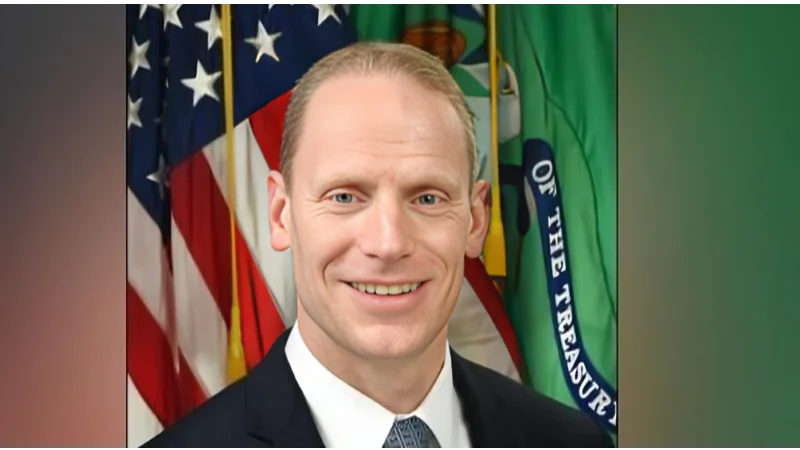The U.S. Department of the Treasury’s Office of Foreign Assets Control (OFAC) has imposed sanctions on Dimitri Herard and Kempes Sanon for their involvement with the Haitian gang coalition Viv Ansanm. Herard, a former Haitian police officer, and Sanon, leader of the Bel Air gang, are accused of supporting activities that contribute to violence and instability in Haiti.
“Today’s action underscores the critical role of gang leaders and facilitators like Herard and Sanon, whose support enables Viv Ansanm’s campaign of violence, extortion, and terrorism in Haiti,” said Director of the Office of Foreign Assets Control Bradley T. Smith. “The United States is committed to holding accountable the violent terrorist gangs that endanger the Haitian people.”
Viv Ansanm was previously designated as a Specially Designated Global Terrorist and Foreign Terrorist Organization by the U.S. Department of State on May 2, 2025. The current sanctions are enacted under Executive Order 13224, which targets terrorist groups and their supporters.
Herard was previously connected to the assassination of former Haitian President Jovenel Moïse in 2021 and was later imprisoned by Haitian authorities. After escaping prison in 2024, he began working with Viv Ansanm, providing training and firearms to gang leaders and supporting attacks against state institutions.
Sanon leads the Bel Air gang and has played a key role in consolidating power for Viv Ansanm. His group has been involved in civilian killings, extortion, illicit taxation, and kidnappings.
The sanctions block all property and interests in property belonging to Herard and Sanon that are in the United States or controlled by U.S. persons. Entities owned 50 percent or more by these individuals are also blocked. U.S. persons are generally prohibited from engaging in transactions involving blocked persons unless authorized by OFAC.
Violations of these sanctions can result in civil or criminal penalties for both U.S. and foreign persons. OFAC may impose civil penalties for violations on a strict liability basis. Financial institutions and others may also face sanctions for certain transactions with designated individuals.
Foreign financial institutions that conduct significant transactions for those designated may face secondary sanctions, including restrictions on correspondent or payable-through accounts in the United States.
OFAC notes that its sanctions aim to encourage positive behavioral change rather than punishment. There is a process for seeking removal from OFAC’s sanctions lists for those who qualify.
More information about today’s designations can be found on the Treasury Department’s website.





